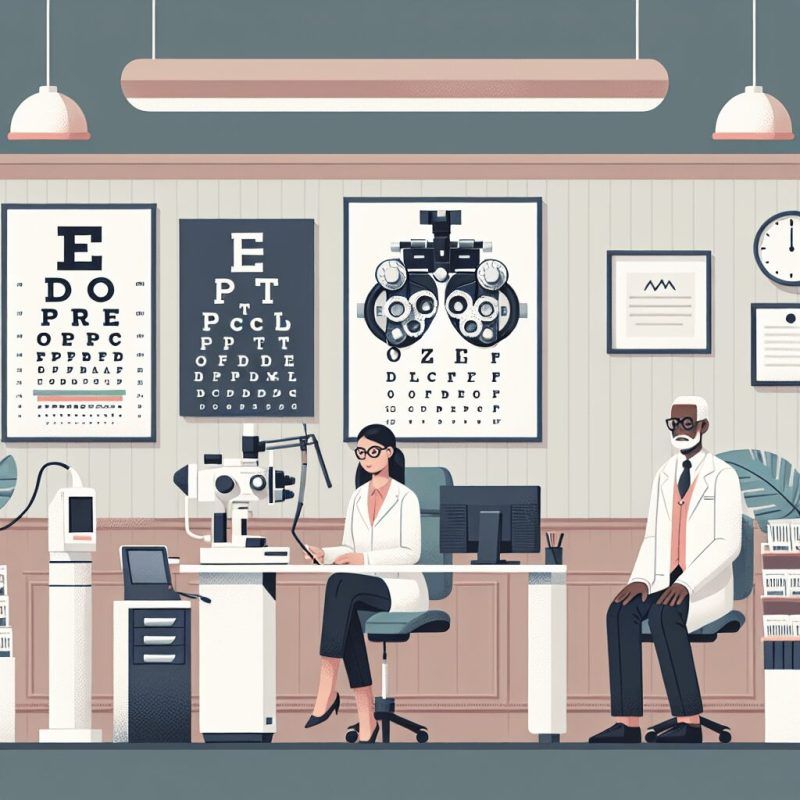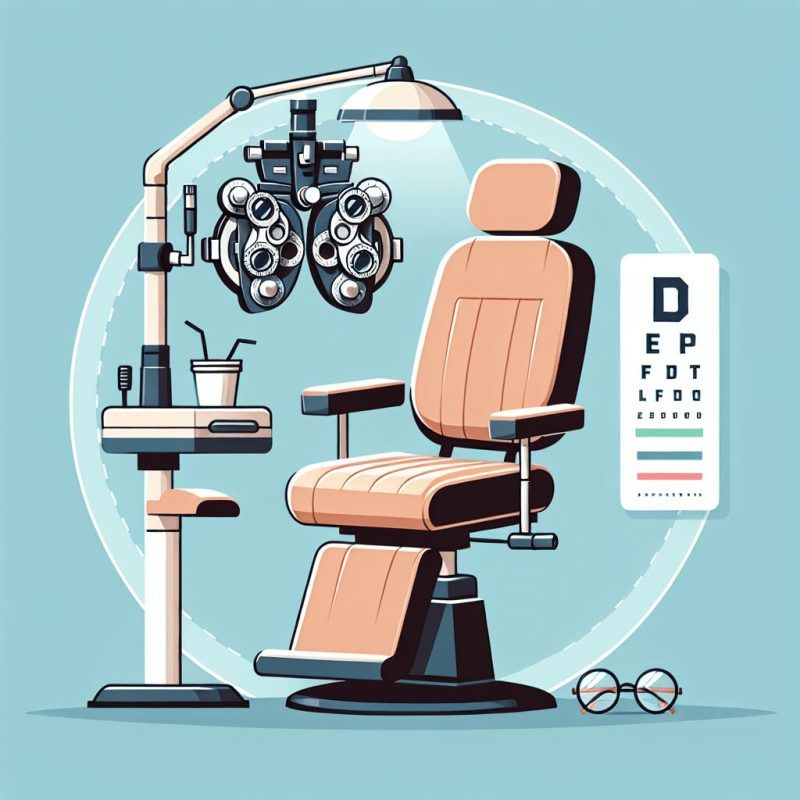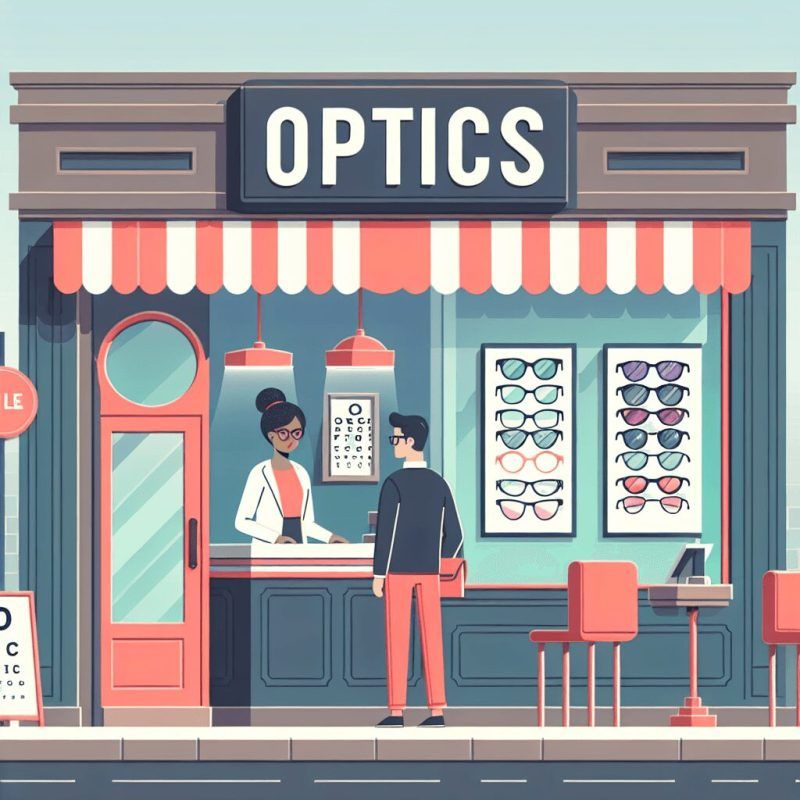Doctor's Corner
5 Signs That You Need a Retinal Imaging Eye Exam
Digital retinal imaging takes pictures of structures in your eye, including the retina, optic nerve, and blood vessels. It can help your eye doctor check your eye health and look for signs of other health conditions. Despite being a relatively new technology, retinal imaging has become a standard part of many eye exams.
If you're looking for retinal imaging, schedule an appointment at our eye care center in Willowbrook. In the meantime, we've compiled a list of five signs you may need a retinal imaging eye exam.
1. Your Eye Doctor Recommends It
In traditional eye exams, your eye doctor dilates your pupil with special eye drops and then manually examines the structures of the eye. In some cases, however, your pupils may be too small to see everything clearly. In that case, your optometrist or ophthalmologist may recommend retinal imaging.
In other instances, your doctor may notice small changes in your eye that require more detailed images or pictures from different angles that digital imaging can provide.
2. It's Been More Than Two Years Since Your Last Exam
Regular eye exams enable you to stay on top of your eye and vision health. If you haven't had an exam in a few years, retinal imaging can help your doctor find early signs of diseases like glaucoma, macular degeneration, and detached retina.
Having a better view of the eye also allows your doctor to discover undiagnosed health conditions, such as high blood pressure or diabetes. Even if the exam doesn't find any serious issues, digital imaging establishes a baseline of eye health that doctors can use for comparison purposes down the line.
3. You Are Over the Age of 65
The older you get, the more important regular eye exams become. The American Academy of Ophthalmology recommends that seniors have a complete eye exam every one to two years after the age of 65. Retinal imaging allows your doctor to check for the following age-related eye diseases:
- Diabetic retinopathy
- Glaucoma
- Cataracts
- Age-related macular degeneration
4. You've Noticed Changes in Your Vision
If you've noticed any changes in your eye health or vision, it's important to schedule an exam with an optometrist or an ophthalmologist right away. Examples include the following:
- Worsening vision
- Double vision
- Redness of the eye
- Discharge or fluid draining from the eye
- Any eye pain
- Floaters (dark specks that seem to float in front of your eyes)
- Flashes of light
- Circles around lights (halos)
5. You Have Certain Health Conditions
If you have any of the following health conditions, your doctor may recommend a retinal imaging eye exam.
Diabetes
High blood sugar can damage the blood vessels in your retina, potentially leading to permanent vision loss. Early detection and treatment, however, can often prevent or delay blindness caused by diabetic retinopathy. Unfortunately, many people with diabetes don't get their eyes examined or treated in time.
Macular Degeneration
Macular degeneration occurs when damage affects the central part of the retina known as the macula. The macula tends to deteriorate with age, causing blurry vision or difficulty focusing. As macular degeneration gets worse, it may cause vision loss and even legal blindness.
Glaucoma
Glaucoma causes fluid build-up in the eye, which can damage the retina and contribute to vision loss. Special eye drops can lower pressure in the eye and slow the progression of the disease.
Finally, your eye doctor may also recommend a retinal exam if you are taking certain medications. For example, the arthritis medication hydroxychloroquine — also sometimes prescribed for malaria and lupus — can damage your retina.
Although retinal toxicity from this drug is uncommon, any vision loss it causes may be irreversible and may progress even if you stop taking the medication. For that reason, it's important to watch for any signs of side effects.
Visit an Experienced Optometrist for Retinal Imaging
For more help explaining eye wellness or to schedule a retinal imaging eye exam in Willowbrook or The Woodlands, contact Superior Eye Care today at 281-298-5905 or
book an appointment online.
Doctor's Corner





